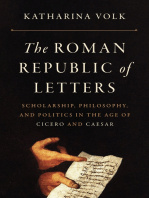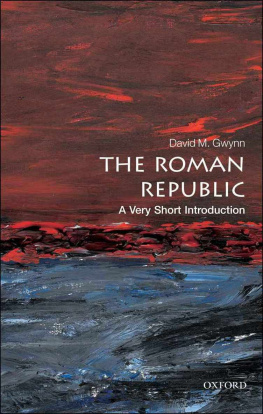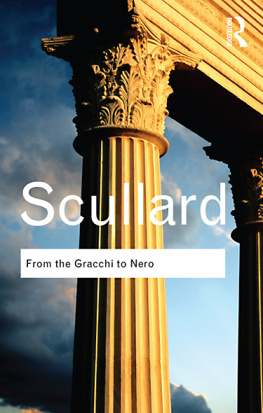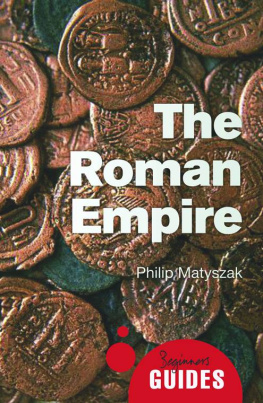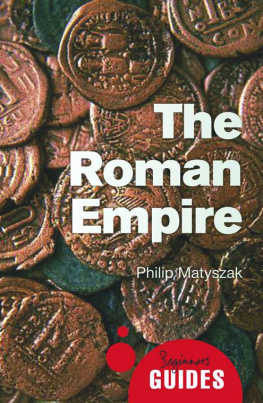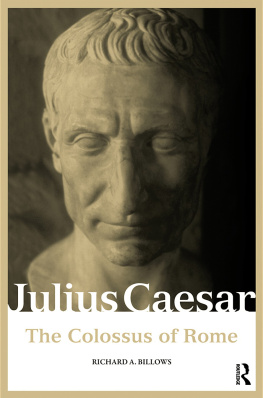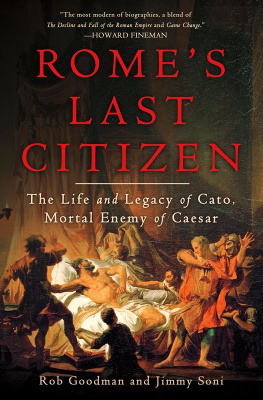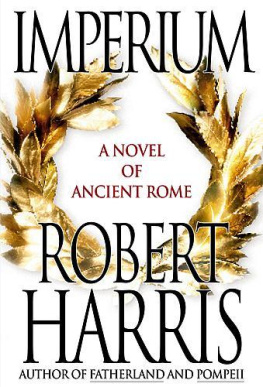Rob Goodman - Rome’s Last Citizen: The Life and Legacy of Cato, Mortal Enemy of Caesar
Here you can read online Rob Goodman - Rome’s Last Citizen: The Life and Legacy of Cato, Mortal Enemy of Caesar full text of the book (entire story) in english for free. Download pdf and epub, get meaning, cover and reviews about this ebook. year: 2012, publisher: Thomas Dunne Books, genre: Detective and thriller. Description of the work, (preface) as well as reviews are available. Best literature library LitArk.com created for fans of good reading and offers a wide selection of genres:
Romance novel
Science fiction
Adventure
Detective
Science
History
Home and family
Prose
Art
Politics
Computer
Non-fiction
Religion
Business
Children
Humor
Choose a favorite category and find really read worthwhile books. Enjoy immersion in the world of imagination, feel the emotions of the characters or learn something new for yourself, make an fascinating discovery.

- Book:Rome’s Last Citizen: The Life and Legacy of Cato, Mortal Enemy of Caesar
- Author:
- Publisher:Thomas Dunne Books
- Genre:
- Year:2012
- Rating:5 / 5
- Favourites:Add to favourites
- Your mark:
Rome’s Last Citizen: The Life and Legacy of Cato, Mortal Enemy of Caesar: summary, description and annotation
We offer to read an annotation, description, summary or preface (depends on what the author of the book "Rome’s Last Citizen: The Life and Legacy of Cato, Mortal Enemy of Caesar" wrote himself). If you haven't found the necessary information about the book — write in the comments, we will try to find it.
Cato, historys most famous foe of authoritarian power, was the pivotal political man of Rome; an inspiration to our Founding Fathers; and a cautionary figure for our times. He loved Roman republicanism, but saw himself as too principled for the mere politics that might have saved it. His life and lessons are urgently relevant in the harshly divided Americaand worldof today. With erudition and verve, Rob Goodman and Jimmy Soni turn their life of Cato into the most modern of biographies, a blend of The Decline and Fall of the Roman Empire and Game Change.Howard Fineman, Editorial Director of The Huffington Post Media Group, NBC and MSNBC News Analyst, and New York Times bestselling author of The Thirteen American Arguments
A truly outstanding piece of work. What most impresses me is the books ability to reach through the confusing dynastic politics of the late Roman Republic to present social realities in a way intelligible to the modern reader. Romes Last Citizen entertainingly restores to life the stoic Roman who inspired George Washington, Patrick Henry and Nathan Hale. This is more than a biography: it is a study of how a reputation lasted through the centuries from the end of one republic to the start of another.David Frum, DailyBeast columnist, former White House speech writer, and New York Times bestselling author of The Right Man
Marcus Porcius Cato: aristocrat who walked barefoot and slept on the ground with his troops, political heavyweight who cultivated the image of a Stoic philosopher, a hardnosed defender of tradition who presented himself as a man out of the sacred Roman pastand the last man standing when Romes Republic fell to tyranny. His blood feud with Caesar began in the chamber of the Senate, played out on the battlefields of a world war, and ended when he took his own life rather than live under a dictator.
Centuries of thinkers, writers, and artists have drawn inspiration from Catos Stoic courage. Saint Augustine and the early Christians were moved and challenged by his example. Dante, in his Divine Comedy, chose Cato to preside over the souls who arrive in Purgatory. George Washington so revered him that he staged a play on Catos life to revive the spirit of his troops at Valley Forge. Now, in Romes Last Citizen, Rob Goodman and Jimmy Soni deliver the first modern biography of this stirring figure.
Catos life is a gripping tale that resonates deeply with our own turbulent times. He grappled with terrorists, a debt crisis, endemic political corruption, and a huge gulf between the elites and those they governed. In many ways, Cato was the ultimate man of principlehe even chose suicide rather than be used by Caesar as a political pawn. But Cato was also a political failure: his stubbornness sealed his and Romes defeat, and his lonely end casts a shadow on the recurring hope that a singular leader can transcend the dirty business of politics.
Romes Last Citizen is a timeless story of an uncompromising man in a time of crisis and his lifelong battle to save the Republic.
Rob Goodman: author's other books
Who wrote Rome’s Last Citizen: The Life and Legacy of Cato, Mortal Enemy of Caesar? Find out the surname, the name of the author of the book and a list of all author's works by series.

